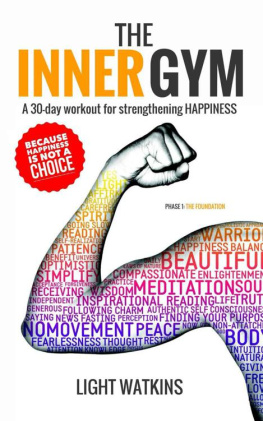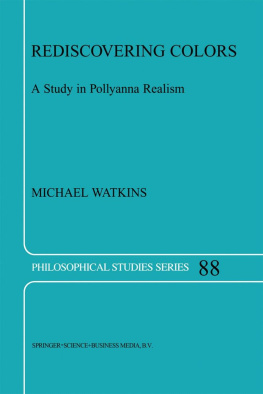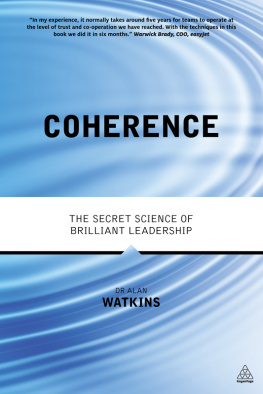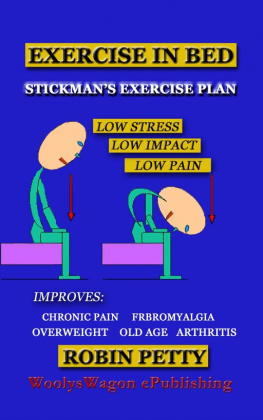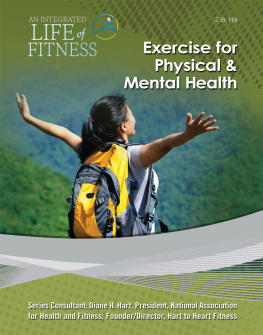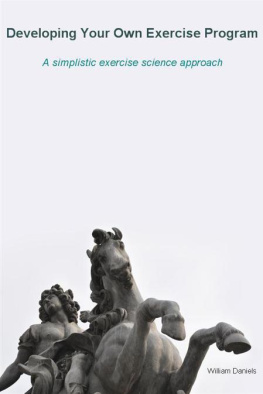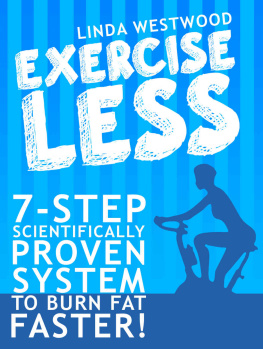It is difficult to find happiness within oneself,
but it is impossible to find it anywhere else.
Arthur Schopenhauer
PREFACE
One afternoon, while in between appointments, I decided to grab a bite at one of my favorite vegan restaurants in Beverly Hills, figuring I could use the downtime to craft a response to an email I had recently received from a client regarding moneymy least favorite subject to discuss over email. As I was enjoying my meal, the waiter approached my table wearing a cautious grin. Can I ask you a question? he said.
Sure, I replied, placing my fork down to give him my full attention.
What do you do for a living?
Before I could say anything, he continued, Im just asking because you seem so happy, and it made me wonder what kind of job you had.
I teach people how to meditate, I replied.
Of course you do, he said, with a toothy smile. Its rare to meet someone who is so genuinely happy.
Thank you for saying that, I responded, a little surprised by his compliment, but this is a vegan restaurant, and arent vegans typically pretty happy too?
Your happiness is different, he answered. It seems so effortless.
While Ive heard this comment from strangers before, what I couldnt help but find ironic about my waiters observation was that I never once thought about being happy. In fact, Id been preoccupied by the money email, and I didnt feel that there was anything especially joyous about our interaction, which mainly consisted of our greeting, and my ordering a dish.
Regardless, the waiter kept asserting that I was exuding this rare form of happiness, and he needed to understand its source. He began firing questions at me: What kind of meditation did I teach? How did it work? and How long did I meditate for each day?
Shortly after that exchange, I hosted what some would call a spiritual gathering where I led an open meditation, followed by a brief talk on consciousness. A young woman named Amber was in attendance along with about 20 others. She was invited by a mutual acquaintance and sat quietly in the back. Later that night, Amber sent me an email stating that she felt inspired to learn meditation from me. Her reason:
There is such a peace within you. Youre effortlessly happy, consistently, and for no apparent reason, and I would love to have that.
Her email, coupled with my interaction in the vegan restaurant a day earlier, triggered a flashback to the moment when I first met my meditation teacher in 2003. He also seemed effortlessly happy, and after only a few minutes in his presence, I was ready to drink the Kool-Aid, so to speak. In fact, my meditation teacher wouldve easily registered at a ten-out-of-ten on the Happiness Scale.
A little backstory: I once had a friend who liked asking people where they would rank their happiness on a scale from zero to ten, with a zero being severely depressed, and a ten being as happy as they could imagine feeling. The number they chose defined their baseline level of happiness, and thus the answer to his question. According to my friend, most peoples answers fell between a six and an eight.
Once the baseline level of happiness was determined (assuming they werent at a ten) his next question was, What would it take to get you to a ten?
Ive asked people this question before as well, and the most common answer Ive received has been some variation of, "If only I had more money..."
Whats interesting about that answer is how, according to extensive research on happiness, once our basic necessities are provided for, having more money does surprisingly little to increase it. In some instances, having more money can decrease our level of happiness!
In practical terms, if it were true that more money led to greater happiness, all of the wealthiest people on the planet would rate themselves at a permanent ten-out-of-ten on the happiness scale. The Mark Zuckerbergs, Warren Buffets, and Oprah Winfreys of the world would be happy 100% of the time. Obviously, this is not the case.
According to the 2013 World Happiness Report, the United States of America, despite its unprecedented number of millionaires, billionaires and tech leaders, ranks only 17th on the list of the happiest nations. The citizens of Iceland, Costa Rica and Panama (all countries with less wealth per capita) describe themselves as being happier, particularly when factoring in variables such as social support, perception of corruption, life expectancy, freedom to make life choices, and generosity. In fact, while the size of Americas gross domestic product (GDP) has increased since 2007, individual levels of happiness have been on a steady decline.
I remember reading about a Dr. Carl Jung interview where he expressed his take on the correlation between wealth and happiness. Dr. Jung worked as a prominent psychiatrist all over the world for more than 50 years, and in the interview, the journalist asked Dr. Jung the following hypothetical question: if he could choose between working exclusively with wealthy patients or poor patients, which would he prefer? Without much hesitation, Dr. Jung said hed choose the wealthy. This of course shocked the journalist into asking, Why not the poor? His answer: wealthy people often have the same problems as poor people, except they dont waste my time thinking the solution lies in having more money.
Jung was not suggesting that there was something inherently wrong with making money, improving our circumstances, accomplishing goals, or seeking out adventure and fun. He was just affirming what modern-day happiness studies have concluded: there is little correlation between achieving wealth and being a self-described happy person.

